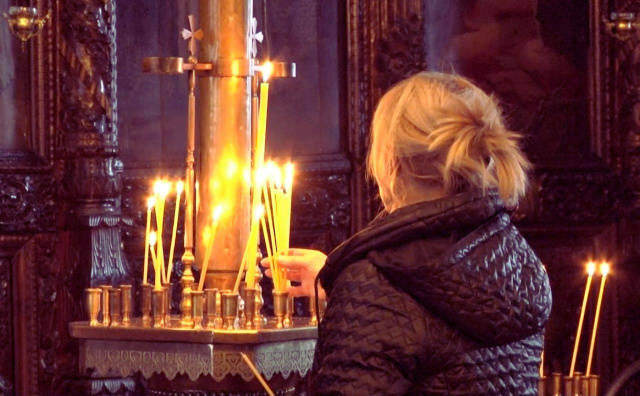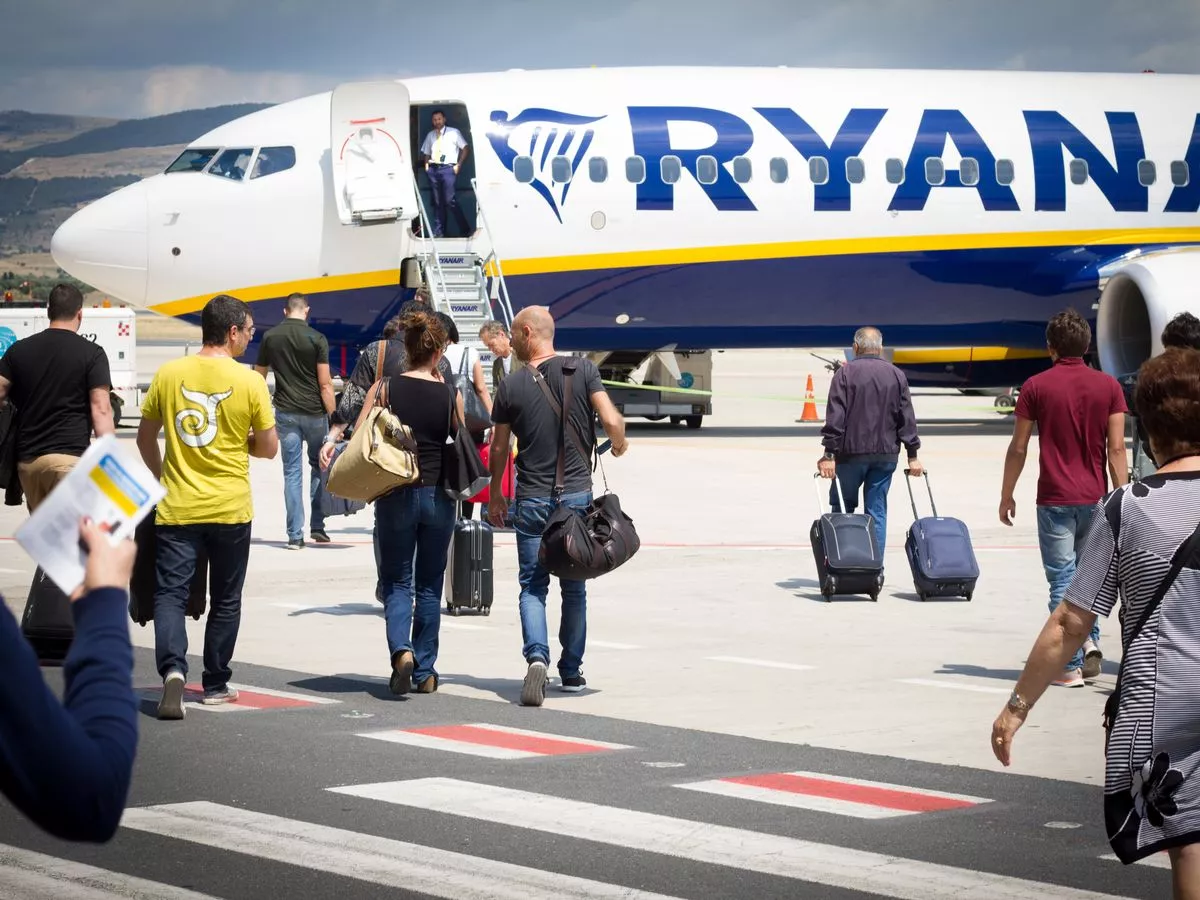Copyright novinite

October 26 is Dimitrovden in Bulgaria, a day deeply rooted in both Orthodox faith and folk tradition. The Bulgarian Orthodox Church honors Saint Demetrius of Thessaloniki, known as St. Dimitriy Mirotochiv, and the venerable Dimita Dorostolska. According to Bulgarian belief, this date marks the turning of the seasons and the arrival of winter. Old sayings remind that "Saint George brings the summer, and Saint Demetrius brings the winter," symbolizing the shift from warmth to cold. It is also said that the first snowflakes fall from the saint’s white beard, and that “when Dimitrovden arrives, so does the snow.” In Bulgarian folklore, Dimitrovden is more than a religious commemoration; it signals the end of the agricultural cycle and the start of winter. It was believed that at midnight before the holiday, the sky opens, a sign that the first snow is near. Saint Demetrius is thus seen as the protector of cold, frost, and snow, a divine guardian of the changing seasons. Saint Demetrius was born in the 3rd century in Thessaloniki to a prominent family, his father serving as the city’s governor. Following his father’s death, Emperor Maximianus appointed Demetrius to the same post. Unlike other officials, Demetrius openly professed his Christian faith, which angered Emperor Galerius. He was imprisoned and later executed on October 26, 306. His martyrdom turned him into one of the most venerated saints in the Orthodox world. The people of Thessaloniki soon began to honor him as their heavenly patron, and by the 5th century his feast was celebrated widely across the Balkans, including Thrace and Macedonia. The day is also known in the folk calendar as Mitrovden or Raspus. Traditionally, it marks the end of the working year for shepherds, cattlemen, and other seasonal workers, who would receive their pay and sometimes extra clothing or gifts for the winter months. The hiring of new laborers for the following year would begin immediately after. In some regions, Dimitrovden is followed by the so-called “mice holidays,” believed to protect homes and harvests from pests. In mountain regions, special attention is paid to the first person who enters the home on Dimitrovden morning. If the visitor is prosperous and kind, it is taken as a sign that the coming year will be healthy and abundant. A full moon on the eve of the holiday is seen as a blessing, promising full hives and plentiful honey. The night is also thought to reveal hidden treasures, as it is believed that when the heavens open, buried riches glow with a faint blue flame. According to popular belief, Saint Demetrius is the brother of Archangel Michael, the guardian of the afterlife and of departed souls. On the Saturday preceding Dimitrovden, Bulgarians honor their dead with Dimitrovska Zadushnitsa, preparing boiled wheat and special breads to commemorate loved ones. Engagements and weddings often begin around this period, as the season of work winds down and families turn inward for the winter. The traditional table for Dimitrovden includes lamb, rooster stew, apple pie, homemade rakia, and various vegetable dishes. The celebration blends gratitude for the harvest with anticipation of the cold months ahead. Today, the relics of Saint Demetrius are preserved in the grand basilica in Thessaloniki, built over the place of his martyrdom. Pilgrims from across the world travel there every October to honor him. The saint’s veneration extends throughout the Balkans, particularly on Mount Athos, where parts of his relics are also kept. In religious art, he is depicted as a rider on a red horse, piercing a fallen warrior with his spear. Saint Demetrius also holds a special place in Bulgarian history. In 1185, during Byzantine rule, the boyar brothers Asen and Peter led a revolt for Bulgaria’s independence. They chose to declare the uprising on October 26, the feast of Saint Demetrius, in Tarnovgrad, where they had built a church dedicated to him. Believing they were under his divine protection, the brothers carried the rebellion to victory, and by 1187 the Byzantine emperor was forced to recognize their rule over Northern Bulgaria. This marked the beginning of the Second Bulgarian Kingdom. The legacy of Saint Demetrius endures across Bulgaria, where many churches bear his name, and Dimitrovden is celebrated with festive liturgies in towns and villages alike. It is also a cherished name day for all those named Dimitar, Dimitrina, Dimo, Dima, Dimka, Mitko, Mitka, Dragan, Dragomir, Mitra, Mitrana, Mityo, and others derived from the saint’s name.



